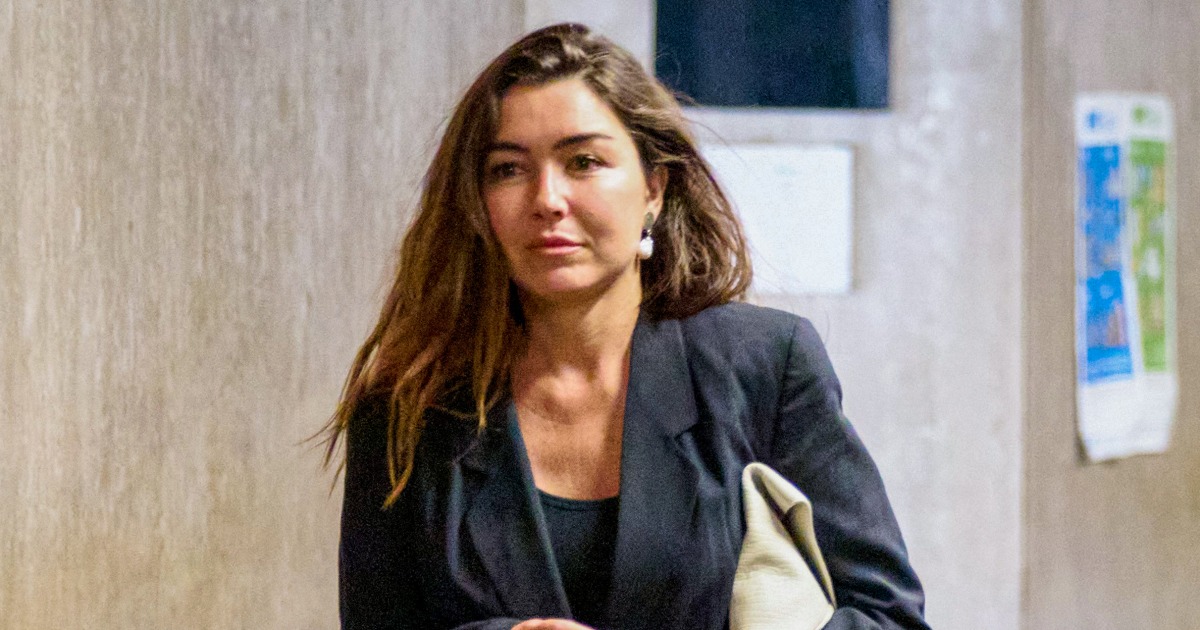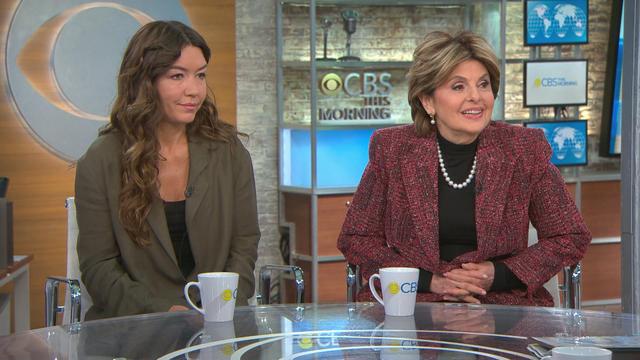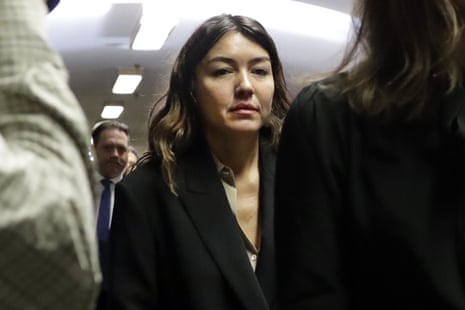“I Was Doing It for the Sake of Truth” – Haley’s Powerful Return to Court
Miriam Haley, a former television production assistant, has become a powerful voice in the fight for justice after once again testifying against Harvey Weinstein in a New York court. Her courageous decision to face her abuser in court for a second time led to Weinstein being convicted of sexual assault on Wednesday, June 11, 2025.
The ruling came after a tense six-week retrial, prompted by a 2024 appeals court decision that overturned Weinstein’s original 2020 conviction. Despite the emotional toll, Ms Haley returned to the stand to tell her story—for herself, and for women everywhere.

Why Haley Chose to Testify Again
Initially, Haley had no plans to relive her trauma in court. But a podcast series promoting Weinstein’s “exoneration” reignited her resolve. “I have to stand up for myself. I have to stand up for the truth,” she told the BBC.
Her decision proved pivotal. Of the three women who testified during the retrial—including actress Jessica Mann and model Kaja Sokola—only Haley’s testimony resulted in a guilty verdict. Weinstein was found not guilty in Sokola’s case, and the jury is still deliberating on the rape charge involving Mann.
The Assault and Its Aftermath
In her testimony, Haley described how she met Weinstein in 2006 at a work event in France. After an uncomfortable encounter at his hotel, she later accepted his help landing a job on Project Runway. That trust was betrayed when she visited his New York apartment in July 2006, expecting a career opportunity.
“He lunged at me… I realized, I’m getting raped,” she told jurors. Haley testified that Weinstein forcibly performed oral sex on her, an act she described as both humiliating and traumatic. “I couldn’t get away from his grip,” she said on the stand.
Facing Weinstein Again
This time around, Haley was able to look directly at Weinstein, who sat in a wheelchair due to health complications. “Would I feel intimidated? Would I feel sorry for him?” she had wondered. But when she saw him, she felt “nothing.”
She testified for four consecutive days—three more than she had in 2020—reliving her trauma to ensure the truth was heard.

Cross-Examination and Insults to Survivors
During cross-examination, Weinstein’s attorney Jennifer Bonjean suggested the encounter was consensual and questioned the sequence of events. “He was the one who raped me, not the other way around,” Haley responded tearfully when Bonjean questioned who removed her clothing.
Bonjean’s dismissive reply—“That is for the jury to decide”—was met with criticism, with Haley later calling it “deeply offensive.” Despite such attempts to undermine her credibility, Haley remained firm.
A Personal Struggle with Public Impact
Haley didn’t speak out immediately after the assault. Like many survivors, she suppressed the trauma. “All I could see on the surface was people fawning over him,” she said, reflecting on Weinstein’s fame and her silence.
When other women came forward, she chose to break her silence. Though she received threats, she also received overwhelming support. “It has a ripple effect,” she said. “Even me showing up this time feels like a small victory.”
The Ripple Effect on the #MeToo Movement
Haley’s decision to testify again—despite emotional exhaustion and public scrutiny—has reignited conversations within the #MeToo movement. Her bravery helped secure justice in one of the most significant abuse trials of our time.
Harvey Weinstein, now 73 and already sentenced to 16 years in California for separate sex crimes, will likely spend the remainder of his life in prison. With over 100 women accusing him of misconduct, his downfall marks a turning point in how the world views power and accountability.

Conclusion: A Fight for Truth, Not Just Justice
For Miriam Haley, the conviction may not erase the trauma—but it brings validation and progress. “I wasn’t really doing it for myself. I was doing it for the sake of truth, and for other women,” she said outside the courthouse.
Her story is not only a legal victory but a testament to the resilience of survivors, and a powerful reminder that telling the truth can change the world—even if it’s painful.